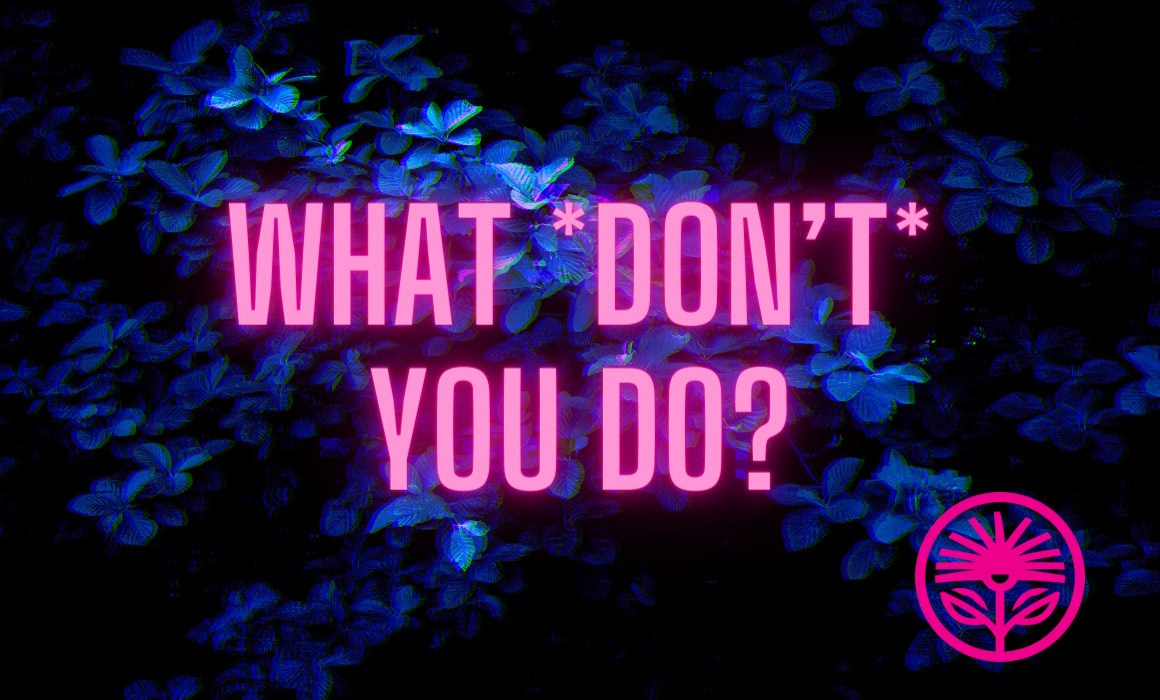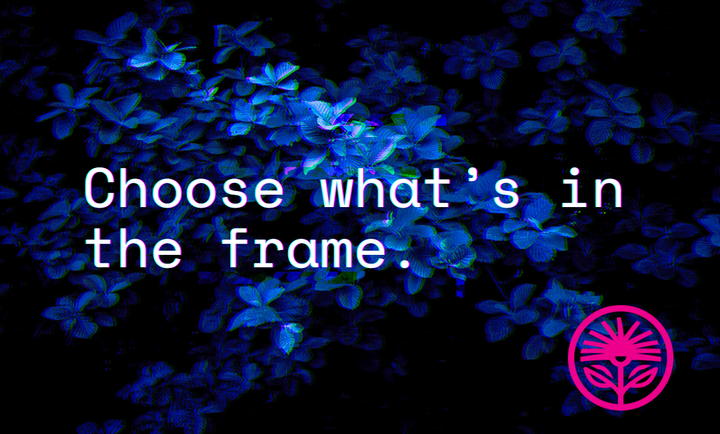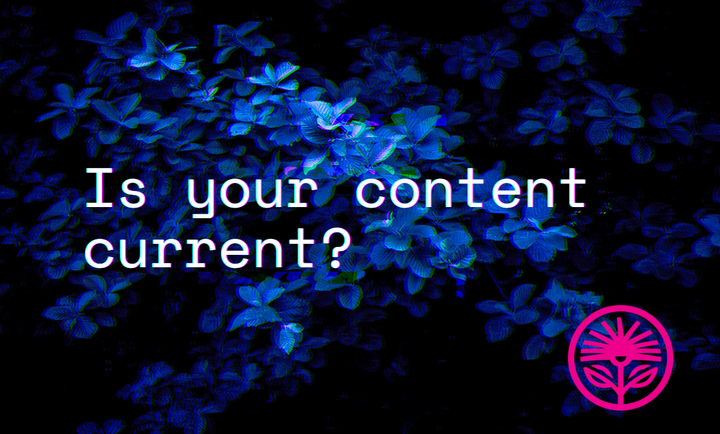Kelford Labs Weekly: What DON’T you do?
Be intrinsically credible.

“So, what do you not do?”
The question suddenly became the center of the conversation.
I was at lunch with a few other business owners, and as we waited for our food to arrive, someone put a question to the group:
“How do you quickly describe what you do when it’s unique?”
This particular entrepreneur has a unique service, but it’s a little hard to explain in just a few words.
“I know I can’t just say I’m the best, or that they need me, because no one believes stuff like that,” he said. “Besides, everyone else says it.”
“Advertising people have an unconscious belief that advertisements have to look like advertisements. They have inherited graphic conventions which telegraph to the reader, 'This is only an advertisement. Skip it.'”
— David Ogilvy, Ogilvy on Advertising
A line that’s been cemented in my head since I first heard it more than a decade ago suddenly burst into my consciousness.
So I said, “Peter Sandman has this great line: ‘Admissions against interest are intrinsically credible.’”
“Basically,” I said, “if you tell someone something they assume you wouldn’t want them to know, they instinctively believe you.”
If it weren’t the truth, why else would you say it?
Which means, if you tell people what you don’t do, they’ll believe you. And they’ll believe whatever you tell them next, too.
“Buyers of expertise want to be gently persuaded by your point of view, your track record, and how you demonstrably care about them and their challenges.”
— Rochelle Moulton, The Authority Code
I said, “So, in my case, I don’t do implementation. I’m not going to do your ad buys for you, or write all your social media posts.”
(Take a moment here and think about what you don’t do.)
I continued, “So when I meet someone new, and they ask what I do, I can say something like: I provide marketing strategy for entrepreneurs, but what sets me apart is that I actually don’t do implementation.”
I can pause here for the person to question why that would be. Surely the money’s made in the tactics and the long-term contracts and retainers, right?
But then I can say: “That’s because I believe entrepreneurs need to control and lead their own marketing. I give you the position and the words to articulate and demonstrate it, but you actually do the implementation yourself, or you delegate it. But you lead it.”
And now the objections: “But I don’t have time to do my marketing, that’s why I need support,” they might think to themselves, or outright ask.
So I say, “Because when you outsource all your marketing to a third party, you get the same things they provide everyone else, and you end up blending in. That’s business camouflage, not marketing.”
As I said this to the group, the entrepreneur sitting next to me lit up, and started asking around the table: “So, what don’t you do?”
“You can pick whatever strategy you want. But if you’re not prepared to be strictly accountable for what you declare your strategy to be, you’re fooling yourself and you’re wasting time. Pick something you actually believe in.”
— David Maister, The Problem of Standards
Around the table we went, each of us explaining what we don’t do so that we can focus on what we do do best.
One provides a particular set of insurance options, but not others, so she can focus on helping her best clients. Another provides specialized financial services that are forward-looking, instead of focused on last year, so you can avoid messy clean-ups in the future.
On and on, each person demonstrated their value to the rest of us, by simply saying what they didn’t do.
Most importantly, each of us suddenly understood each other and our businesses so much better.
Because when you tell people what you do, and how great you are at it, they listen, but they don’t believe.
Because anyone can say that.
But when you tell them what you don’t do, they believe you, and they believe your reasons why, too.
“The idea, most simply expressed, is this: ‘People do not choose Brand A over Brand B because they think Brand A is better, but because they are more certain that it is good.’”
— Rory Sutherland, paraphrasing Joel Raphaelson, Alchemy
So if you want someone to understand what you do, help them understand what you don’t do.
Which starts by not doing some things. It starts by focusing.
By choosing what you want to be best at—in the whole wide world—based on what you love doing most, and the customers who value it above everything else.
Don’t waste time only ever telling people what you do.
Spend more time telling them what you don’t do.



